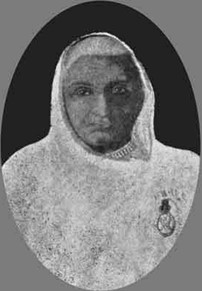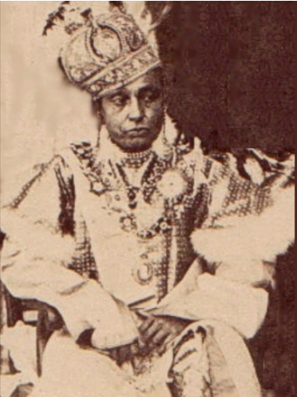Begums of Bhopal: Brave, Bold, and Beautiful
Madhya Pradesh’s Bhopal, a city in the center of India, has a long history that stretches back to the 11th century.
Nonetheless, the Bhopal Begums’ reign was when the city experienced its golden age. The Bhopal State, a princely state in British India that existed from 1818 until 1949—more than a century, was ruled by women as the Begums of Bhopal.
The Begums were renowned for their liberal policies and contributions to Bhopal’s growth. They were remarkable ladies who possessed brilliance, progressive ideas charm, and tenacity. They were in charge of Bhopal State, a princely kingdom spanning more than 17,000 square kilometers in British India.
Qudsia Begum (ruled from 1819 to1837)

Qudsia Begum, an 18-year-old (also known as Gohur Begum), who ruled Bhopal from 1819 to 1837, was the city’s first begum. She was Nawab Wazir Muhammad Khan’s wife, the ruler at the time. Qudsia Begum was renowned for her valor and contributions to Bhopal’s modernization.
She built medical facilities, educational institutions, and social reforms that enhanced the quality of life for Bhopal residents. The city, however, really took off under the rule of Nawab Sikandar Begum, the second Begum of Bhopal.
Sikandar Begum (ruled from 1860-1868)

She ruled for eight years, from 1860 to 1868, and was renowned for her liberal policies. Sikandar Begum supported the arts and promoted the growth of music and literature in Bhopal. She contributed to women’s empowerment and increased the liberties and rights of women. Even more, she gave women from all walks of life access to the royal palace and possibilities for education and work.
Shah Jahan Begum (ruled from 1844-1860 and 1868-1901)

Sultan Jahan Begum, the third Begum of Bhopal, ruled the city from 1844-1860 and from 1868-1901. She made significant contributions to housing, education, health, technology, and women’s empowerment. She also made improvements to the tax system and built many palaces, mosques, and monuments.
Kaikhusrau Jahan Begum (ruled from 1901-1926)

Kaikhusrau Jahan Begum ‘Sarkar Amma’, Bhopal’s fourth and final begum, ruled from 1901 to 1926. She supported the arts and promoted the growth of Bhopal’s theatre, music, and literature. She actively participated in the fight for freedom and supported the Indian nationalist cause.
The Bhopal Begums were outstanding ladies who defied societal expectations and standards. They were renowned for their stylish taste in addition to their administrative prowess. They were innovators who introduced fresh looks and trends to Bhopal. Women everywhere loved and imitated their exceptional taste in jewelry, clothing, and handicrafts.
These extraordinary women not only served as rulers but also as trendsetters, introducing revolutionary laws and social reforms that enhanced people’s quality of life.
Their influence may still be felt in the city they ruled and loved, and their contribution to India’s social and cultural fabric continues to serve as an example today.
She Writer Farheen Viquas is a professional with a Master’s degree in English Literature. She has extensive experience in writing and editing, and a passion for exploring various artistic endeavors like stained glass, mosaics, and embroidery, among others.









